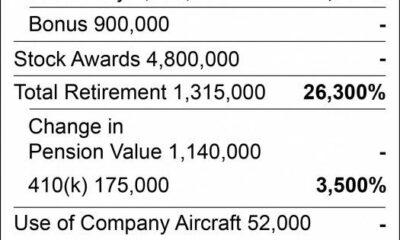
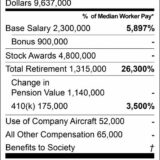
 You might not think that one additional figure in the thick of annual financial reports would be a serious threat to our major corporations, but you’d be underestimating big business lobbyists’ penchant for hysteria. A simple rule finally passed by the Securities and Exchange Commission (SEC) last week drew more than a quarter million comments and 1,500 letters to the commission – add a large stack of articles and op-eds, and one can imagine quite a number of people with steam shooting out of their ears.
You might not think that one additional figure in the thick of annual financial reports would be a serious threat to our major corporations, but you’d be underestimating big business lobbyists’ penchant for hysteria. A simple rule finally passed by the Securities and Exchange Commission (SEC) last week drew more than a quarter million comments and 1,500 letters to the commission – add a large stack of articles and op-eds, and one can imagine quite a number of people with steam shooting out of their ears.
In a 3-2 vote August 5, the SEC adopted a new rule requiring that companies disclose a comparison of CEO pay with worker pay. This disclosure rule was a mandate of the Dodd-Frank Act, the 2010 legislation passed in the wake of the recession, and will take effect in 2017. Labor groups and others concerned with economic inequality had pushed hard for the SEC to move forward on it.
» Read more about: Explosive Information: Worker Pay Disclosure Ignites Fear in Biz Lobby »
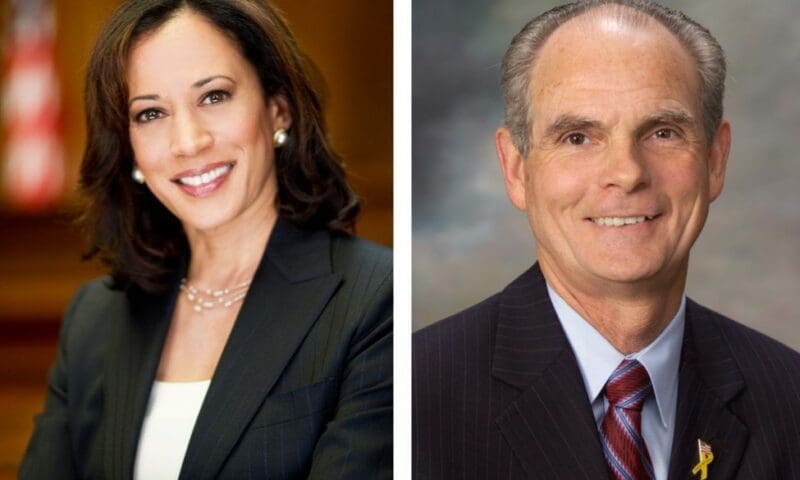
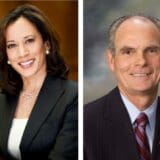
On Tuesday California Attorney General Kamala D. Harris released the full title and summary text for the Public Employees Pension and Retiree Healthcare Benefits Initiative Constitutional Amendment. The title is a mouthful, but the initiative’s wording is just six sentences long.
Its first two lines read: “Eliminates constitutional protections for vested pension and retiree healthcare benefits for current public employees, including those working in K-12 schools, higher education, hospitals and police protection, for future work performed. Adds initiative/referendum powers to Constitution, for determining public employee compensation and retirement benefits.”
Crucially, Harris omits mention of “empowering” voters — a main selling point that had been advertised by former San Jose mayor Chuck Reed, former San Diego City Councilman and Tea Party member Carl DeMaio, and four others. In June this group submitted their proposed ballot initiative to Harris as the Voter Empowerment Act of 2016. Harris’ new title weakens their cause,
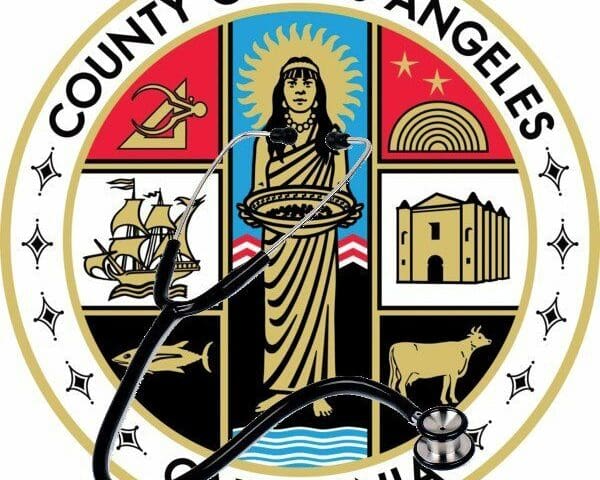

The nation’s largest county government is poised to move forward Tuesday with a plan that critics say could roll back innovative public health programs and compromise everything from infectious disease containment to the prevention of smoking, obesity and sexually transmitted diseases.
On August 11, the Los Angeles County Board of Supervisors will vote on a proposed consolidation of three health agencies — the Department of Health Services (DHS), the Department of Public Health (DPH) and the Department of Mental Health (DMH). The plan has the backing of liberal supervisors Mark Ridley-Thomas and Sheila Kuehl, as well as their conservative colleague Mike Antonovich — all of whom argue that it will improve care but are opposed by an array of public health and mental health advocates.
“This consolidation has the potential to cripple public health,” said a high-ranking official with DPH, who spoke on the condition of anonymity.
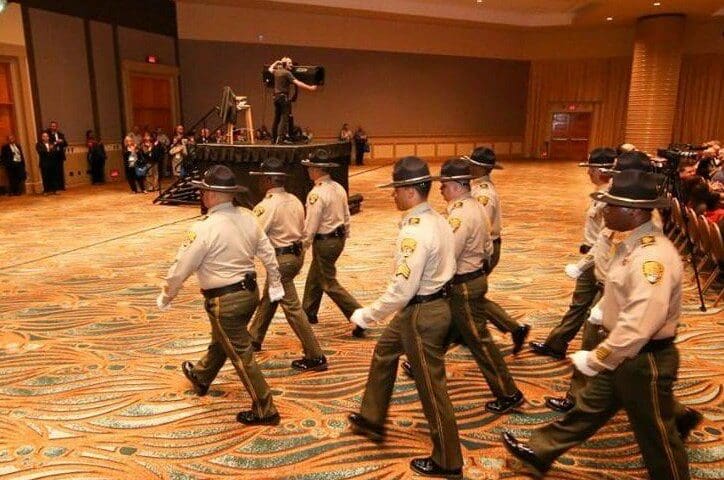

This week, the American Correctional Association (ACA) will hold its annual conference in Indianapolis, where thousands of government corrections officials, including wardens, jail administrators and sheriffs, will attend workshops and connect with their peers from across the country. Workshops include best practices for successful reentry programs for released inmates and working in corrections across generations.
But many workshops and events will feature a Who’s Who of private corrections companies, including Corrections Corporation of America (CCA), GEO Group, Aramark, Corizon and Telmate.
Those companies should be familiar—many have been prominent in reports we’ve released over the past few years detailing the suffering of inmates in private hands, such as thousands of medical malpractice claims and stories about maggots appearing in prison food.
On the eve of the ACA conference, we have released a new report revealing how such conferences allow corrections companies to influence government officials in ways outside the public’s oversight.
» Read more about: Politically Correctional: How Businesses Game Prison Conferences »


 On Tuesday, California Attorney General Kamala Harris will release the official title and summary that will appear on the 2016 ballot for former San Jose mayor Chuck Reed’s latest statewide public-sector pension cutting initiative.
On Tuesday, California Attorney General Kamala Harris will release the official title and summary that will appear on the 2016 ballot for former San Jose mayor Chuck Reed’s latest statewide public-sector pension cutting initiative.
That language will finally end speculation on how far Harris will go in describing the sweeping scope of the proposed constitutional amendment. Legal analysts have charged that it contains a hidden trigger aimed at not just slashing pension benefits but annihilating 60 years of state pension law along with the vast retirement systems that together guarantee the retirement promises made to California’s public employees.
Initial clues as to what might appear on the 2016 ballot emerged last week as the first formal responses by state officials to the proposed measure began to trickle in.
The stakes for all Californians in the so-called “Voter Empowerment Act of 2016” couldn’t be higher.
» Read more about: Countdown to Disaster: Grim Official Estimates on 2016 Pension Cutting Measure »
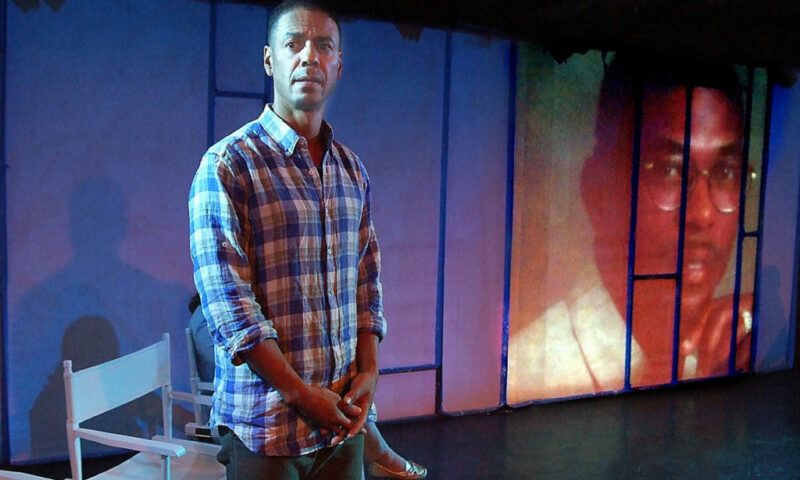

One could make the argument that Citizen: An American Lyric, Stephen Sach’s adaptation of Claudia Rankine’s celebrated meditation on race in America currently playing at the Fountain Theatre, could not be better timed. After all, at the same time America unites in its outrage over a lion murdered in Africa, the country is engaged in a hotly divided debate over a string of incidents where police have gunned down African Americans in the concrete jungles here at home. But such a supposition would be missing one of the most important points of Rankine’s work (the book was a finalist for a National Book Award). Because, to believe that somehow that there is some unusual collision of time and circumstance that has engendered the recent slew of acts of racism is to deny the fact that these incidents happen and have been happening—whether by switch, or rope,
» Read more about: Micro-aggressions and Larger Lessons: Citizen at the Fountain Theatre »


 Billed as the area’s first 100 percent solar-powered festival, EastSide Sol heated up Mariachi Plaza in Boyle Heights on Saturday. Under the scorching sun, activists, residents and community leaders gathered to explore how low-income and minority communities like theirs can be part of the growing green economy.
Billed as the area’s first 100 percent solar-powered festival, EastSide Sol heated up Mariachi Plaza in Boyle Heights on Saturday. Under the scorching sun, activists, residents and community leaders gathered to explore how low-income and minority communities like theirs can be part of the growing green economy.
On the surface, EastSide Sol was a festive celebration. The crowd danced to funky live music by pan-Latin band Buyepongo, ate taquitos and pupusas provided by neighborhood restaurant Un Solo Sol and enjoyed live mural painting by Self-Help Graphics. But at the event’s core was a conversation about economics and the environment, and how to deal with the increasing realities of climate change.
In City Council Member Jose Huizar’s opening remarks to the crowd, he said “Oftentimes in the environmental movement, when we’re looking to preserve our planet, our earth and find alternative forms of energy, the Eastside is left out of the discussion.” The need to include low-income and minority areas in environmental efforts was an ongoing theme of the day.
» Read more about: Solar-Powered Festival Heats Up Boyle Heights »
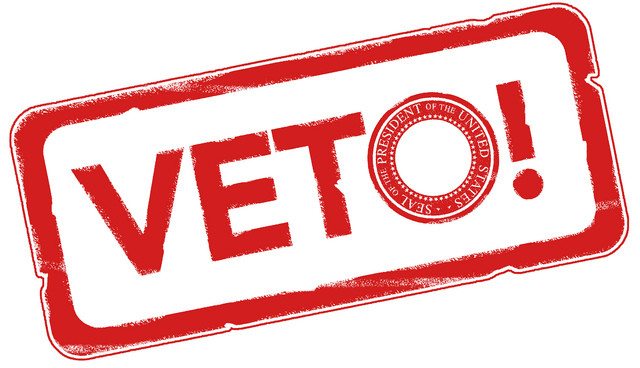
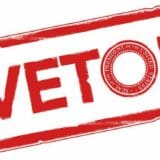
I’ve always believed that democracy was the best form of government because people can change it. And like a lot of us, I was taught that the American form of democracy was the model that should be imitated by nations across the planet. Especially ingenious was the system of “checks and balances.” This arrangement means that no one branch of government can singularly decide a political course without the consent of the others.
This much-praised system was adopted to prevent the re-emergence of an autocracy. But checks and balances also worked to keep the practice of slavery alive up until the Civil War. And in the wake of abolition, when corporations became the dominant form of business organization, the same systems were used to exploit the labor force. Even as the country’s wealth grew, the gap between rich and poor widened. It took more than half a century of effort and the devastation of the Great Depression before important reforms like a minimum wage,
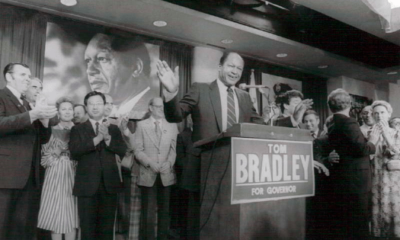
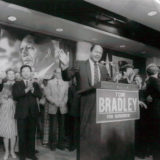
 Any informed discussion about the politics and history of Los Angeles over the last century would have to include a critical assessment of the life and legacy of Tom Bradley. In the new documentary Bridging the Divide: Tom Bradley and The Politics of Race, filmmakers Lyn Goldfarb and Alison Sotomayor provide an in-depth look into Bradley’s life and career and their lasting impact on the city’s history, culture and political life. The two recently spoke with Capital & Main. [divider]
Any informed discussion about the politics and history of Los Angeles over the last century would have to include a critical assessment of the life and legacy of Tom Bradley. In the new documentary Bridging the Divide: Tom Bradley and The Politics of Race, filmmakers Lyn Goldfarb and Alison Sotomayor provide an in-depth look into Bradley’s life and career and their lasting impact on the city’s history, culture and political life. The two recently spoke with Capital & Main. [divider]
Capital & Main: What were your main reasons for doing this documentary?
Goldfarb: Because many of us don’t have a clear understanding about the history of Los Angeles. I think Tom Bradley’s story helps us understand LA better, who we are, and how we got to where we are.
 Sotomayor: When Tom Bradley became the first African American mayor elected in a major U.S.
Sotomayor: When Tom Bradley became the first African American mayor elected in a major U.S.
» Read more about: Bridging the Divide: New Documentary Explores Former L.A. Mayor Tom Bradley »
 I don’t know about you, but I love public parks. City parks for hiking, little league, and summer concerts. State parks for camping. National parks like the Grand Canyon to experience the awe of nature. Parks are some of our most precious public assets.
I don’t know about you, but I love public parks. City parks for hiking, little league, and summer concerts. State parks for camping. National parks like the Grand Canyon to experience the awe of nature. Parks are some of our most precious public assets.
But only if they remain public. This week, candidates in Kentucky’s gubernatorial election suggested that the state could privatize parks to raise revenue. That’s a misguided solution to the wrong problem: the state’s failure to invest enough in essential public assets. Advocates of privatization say the private sector will attract more tourists. But that would jeopardize the central mission of public parks to provide affordable access to nature and recreation. Parks managed by companies, like other private assets, will need to generate profit—funds that should be spent on maintaining and improving them.
The citizens of Kentucky aren’t alone. To manage the 14 million acres of state park lands in the U.S.,